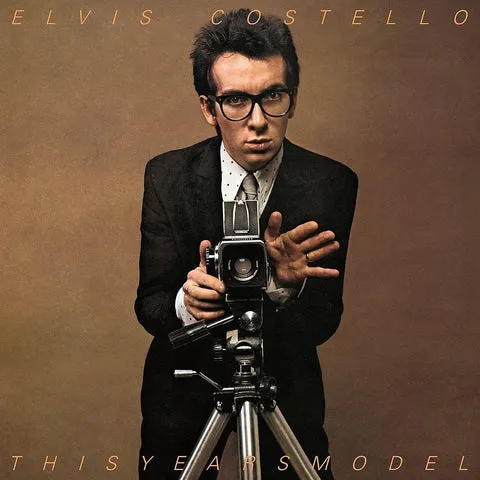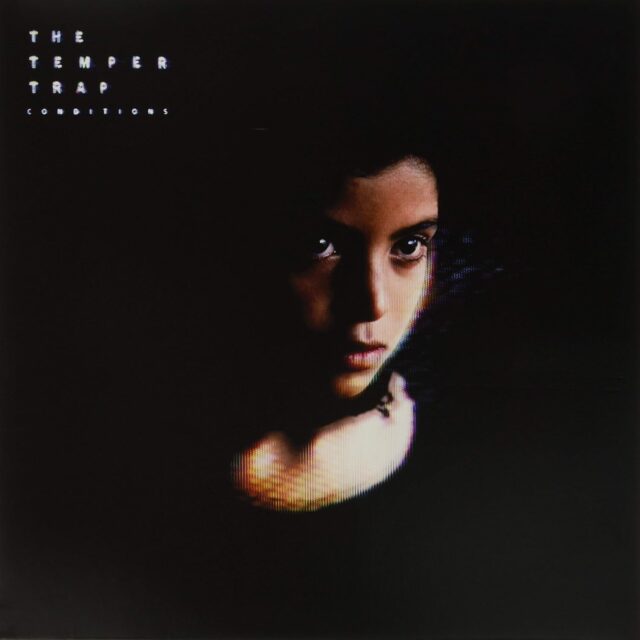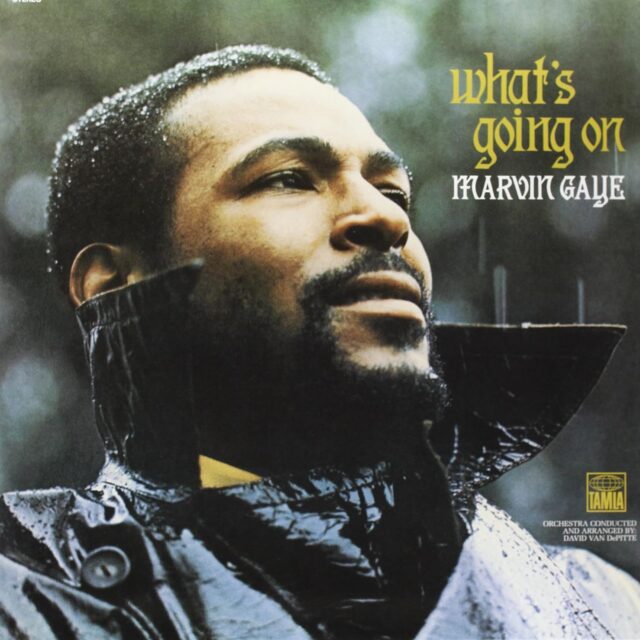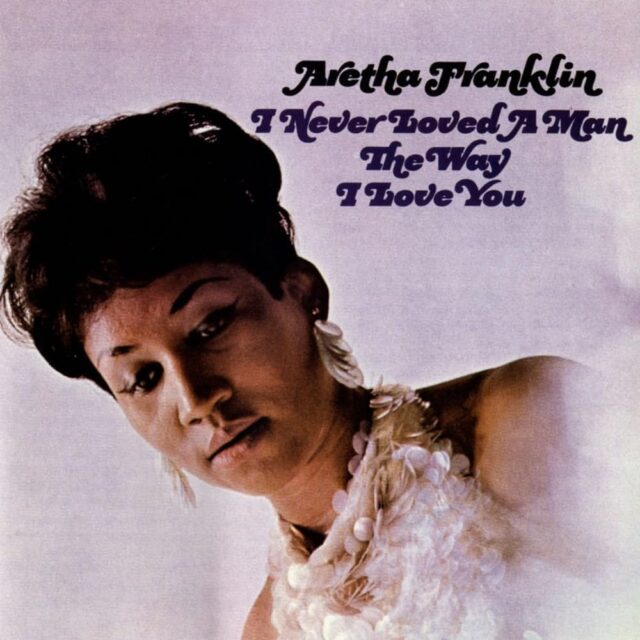Declan Patrick MacManus was born on August 25, 1954, in London, England. He discovered a passion for music early, as it was a major part of his upbringing. His father, Ross MacManus, was a record shop worker who also played trumpet in a jazz band under the name Day Costello.
At age 16, MacManus began performing in pubs, playing in folk duos and bands. By 1974, when he was around 20 years old, MacManus co-founded a band called Flip City and became its vocalist and rhythm guitarist. This pub rock band primarily performed in London at small venues in Soho and Camden, which were key spots that eventually influenced punk and new wave.
The band gained enough attention to perform at the E1 Festival in 1974, though they never released an album and eventually broke up in 1976.
MacManus pursued a solo career.
A nod to both kings
His manager, Jake Riviera, suggested using a stage name to capture greater attention. With this guidance, MacManus crafted “Elvis Costello” by blending ‘Elvis’—a nod to Elvis Presley—with ‘Costello,’ honouring his father.
Costello signed a record deal with Stiff Records and quickly rose to fame in 1977 with his debut album, My Aim Is True, released on July 22. This showcased his unique songwriting and voice with the track “Alison.“
In 1978, now signed to Radar Records and backed by The Attractions, Costello released the single “Radio Radio” on February 14. The song was later included on the U.S. version of This Year’s Model.
“Radio Radio” originated during Costello’s time with Flip City in 1975, when it was titled “Radio Soul,” The original depicted tuning into the radio as an escape—an uplifting, emotional, and almost spiritual experience—offering a connection through music.
Costello said the inspiration behind “Radio Soul,” apart from hearing Bruce Springsteen’s The Wild, the Innocent & the E Street Shuffle, was “the idea that the radio broadcasting from within you was ultimately of more value than the radio in the dashboard or the wireless on the shelf.”
“When I was sitting at home in England in 1975, in the thrall of Bruce Springsteen, he sort of made it feel like a big dream in America where a radio was playing and it was always the perfect song. And even though there’s sadness in the song, I wanted to believe that somewhere it was like that and it wasn’t like it was in the suburbs, where you couldn’t hear any music you liked half the time. So that was a wishful song,” said Costello.
As for the evolution of “Radio Radio,” it offers a contrast—a harsh critique of the power and influence of the media, specifically the radio industry. Costello had evolved, and for him, the soul was taken out of the radio.
Lyrically: Radio Radio
I was tuning in the shine on the light night dial
Doing anything my radio advised
With every one of those late night stations
Playing songs, bringing tears to my eyes
The opening lyrics of “Radio Radio” reveal a deep connection to radio, both as a source of comfort and information: “Tuning in the shine on the light night dial,” followed by “Doing anything my radio advised” highlights the influence of media.
The song takes an emotional turn as “With every one of those late night stations / Playing songs, bringing tears to my eyes,” underscoring the power of the sounds being transmitted through the airwaves—flipping through channels brings a sadness that what you are hearing is not what you want to hear.
I was seriously thinking about hiding the receiver
When the switch broke ’cause it’s old
They’re saying things that I can hardly believe
They really think we’re getting out of control
The lyrics express frustration with the media, symbolized by considering the action of “Hiding the receiver.” This suggests a desire to disconnect, while “the switch broke ’cause it’s old” implies a breakdown in communication. “They’re saying things I can hardly believe” reflects disbelief in the media’s messages, with accusations that the public (or a certain group) is “getting out of control.”
At the time, in 1977, the BBC banned the Sex Pistols’ God Save the Queen from airplay in 1977 due to its lyrics and anti-establishment themes, coinciding with Queen Elizabeth II’s Silver Jubilee. The song has strong views of the monarchy, calling it out of touch, with lines like “no future in England’s dreaming.”
This highlights how those in power often overreach and attempt to control or manipulate public behaviour. Costello was not a fan of this. However, to get airplay on the radio, Costello tuned down his message and pointed towards commercialization, such as advertising revenue.
Radio is a sound salvation
Radio is cleaning up the nation
They say you better listen to the voice of reason
But they don’t give you any choice
‘Cause they think that it’s treason
So you had better do as you are told
You better listen to the radio
The chorus critiques media control, portraying radio as a force that claims to “clean up the nation” and offer salvation. However, Costello exposes the manipulation behind this, noting how the media presents itself as the sole voice of reason while denying any real choice.
I wanna bite the hand that feeds me
I wanna bite that hand so badly
I want to make them wish they’d never seen me
The song progresses and digs deeper with defiance in the line “I wanna bite the hand that feeds me.” This directly targets a desire to rebel against those in power—specifically the media or the system that controls whatever livelihood is at stake. “I wanna bite that hand so badly” brings out a personal anger that’s boiling up behind this declaration. “I want to make them wish they’d never seen me” gives voice to thoughts of disrupting the established order and challenging authority, along with hinting at some potential radical outcome.
Costello stated, “You get into the business of making records and you realize what it’s really about is some guy going off with a big sack of money to give it to somebody with some hookers and cocaine so that they play your record enough times that people get batted to death with it and that makes it a hit.”
Some of my friends sit around every evening
And they worry about the times ahead
But everybody else is overwhelmed by indifference
And the promise of an early bed
These lyrics highlight the contrast between those who worry about the future and those who are indifferent. “Some of my friends sit around every evening / And they worry about the times ahead” expresses anxiety and concern of the unknown, while “everybody else is overwhelmed by indifference / And the promise of an early bed” has those who choose distraction or comfort, seeking an early rest to ignore the overwhelming issues around them. This contrast raises a question: Who will be the ones to make change happen?
You either shut up or get cut out
They don’t wanna hear about it
It’s only inches on the reel-to-reel
And the radio is in the hands of such a lot of fools
Tryin’ to anaesthetize the way that you feel
These lyrics express continued frustration with the media’s control. “You either shut up or get cut out” suggests pressure to conform, while “They don’t wanna hear about it” emphasizes the suppression of alternative voices, like the banning of God Save The Queen on the BBC, which is a public service broadcaster owned by the British Crown.
The phrase “It’s only inches on the reel-to-reel” refers to the physical medium of radio recordings, possibly suggesting that the content being played is limited or shallow. “The radio is in the hands of such a lot of fools” criticizes those who control media for their ignorance or lack of authenticity. Finally, “Tryin’ to anaesthetize the way that you feel” suggests that the media uses its influence to numb or distract people from the realities of life and to what is really happening.
The chorus repeats, however, these lyrics that end the song —”Wonderful radio / Marvelous radio / Wonderful radio” could be a hope as to what is possible with radio and what wonderful and marvelous things it could bring to those who listen. Perhaps a glimpse of what Radio Soul should have been.
Radio Radio holds a significant place in music history. A key moment occurred during Costello’s appearance on Saturday Night Live (SNL) on December, 17, 1977. Initially set to perform Less Than Zero, Costello defied producers by abruptly switching to play Radio Radio. This act of rebellion symbolized the rejection of corporate control and mainstream expectations. The performance became iconic, establishing Costello as someone willing to challenge authority and truly live the lyrics of Radio Radio.
Radio Radio became an anthem for those frustrated with the media. In a 2003 interview on the state of the song, Costello said, “Oh, you might as well just admit now that radio has nothing to do with music anymore—it’s in the advertising business. There’s a real skill to programming in an intelligent way, but nobody does that anymore. It’s all done by computer, by committee. Radio is absolutely the enemy of music. They are my sworn and mortal enemy, and I will have nothing to do with them.”




